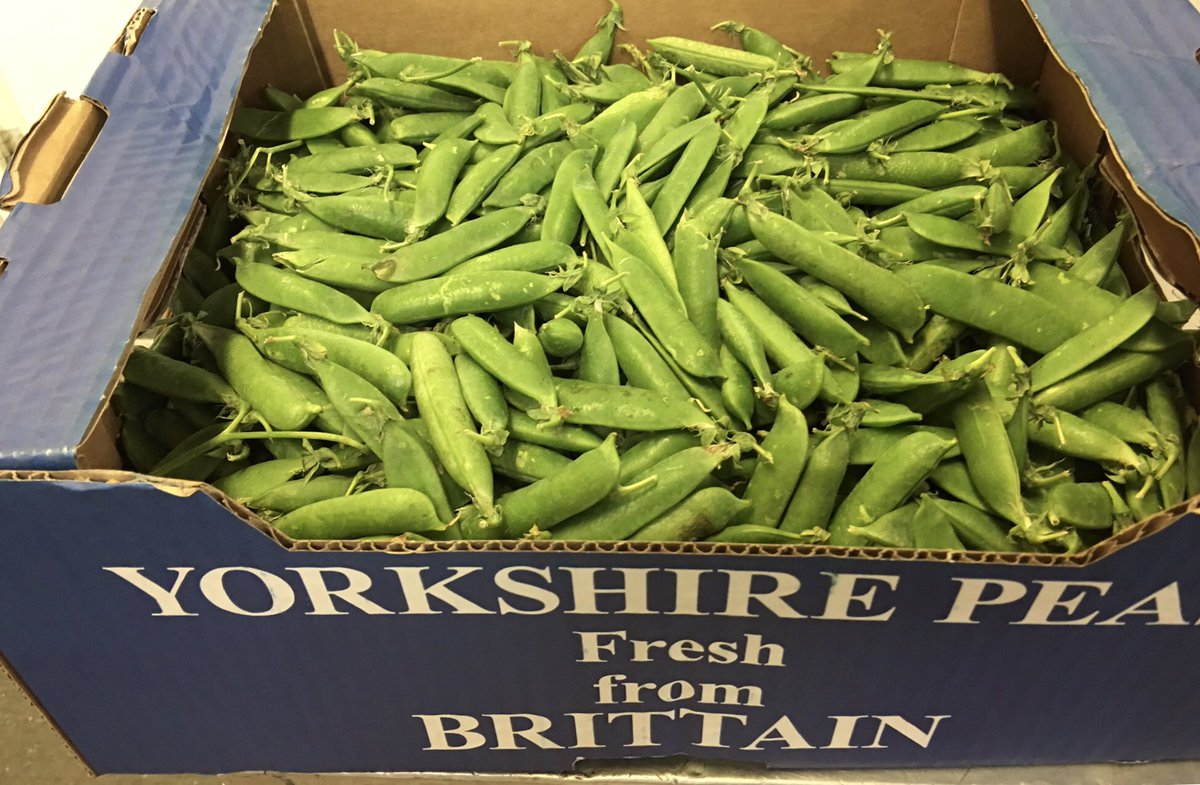As 2020 opens up, THYME project will soon reach the $1.3 million funding mark, with the addition of its crop waste to wastewater treatment research,
THYME project funding
In 2019, there were a total of 13 THYME projects in funding. As of 2020, the first on the list for THYME is a wastewater treatment research with the use of pea waste.
The THYME project is a collaboration of the Universities in Hull, Teeside, and York. It aims to boost bioeconomy in areas like the Humber region, Tees Valley, and Yorkshire.
The objectives of THYME are mainly categorized into three areas.
- Converting bio-based waste into new usable products.
- Transforming industrial sites into bio-based processing plants.
- Expanding the bioeconomy potential of potential regions to contribute to their productivity by bringing in research and business opportunities.
Pea waste project
Universities from York and Hull are collaborating with the R Meadley & Sons farmers to come up with a project that involves making use of crop waste from peas as source material for wastewater treatment.
Pea waste will be turned into nano-carbons and nano-celluloses for use in wastewater filtration. The lipids, pectins, and waxes from the pea waste extracts can also be reused for a new home and self-care products.
According to Dr. Avtar Matharu from University of York’s Department of Chemistry,
Discarded food waste product such as peas contain useful enzymes that can be used for other innovative products that can also lessen unneccesarry waste that ends up as carbon footprint.
The nano-carbons gathered from pea waste can be a possible alternative to today’s non-sustainable supply that is used in energy storage, electronics, and drug delivery.
Other important key studies that scientists from THYME are looking into are utilizing starch to develop other products such as vitamin capsules and food-related usage. Also, a study that started in the Philippines that involves converting wastewater into plant fertilizer by extracting its phosphorus content.
The THYME project helps boost economic growth by installing sustainable industries gathering raw materials from plants and microbes.







